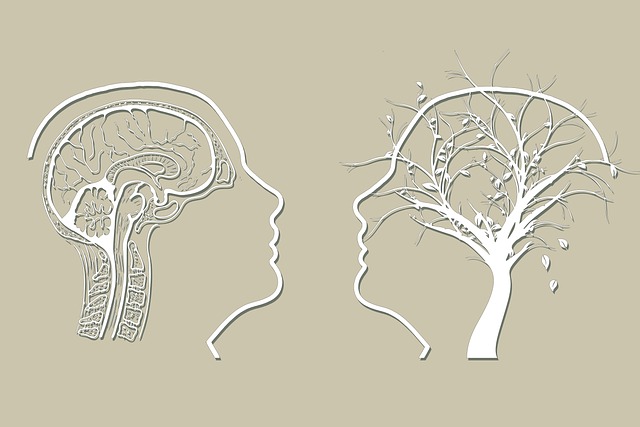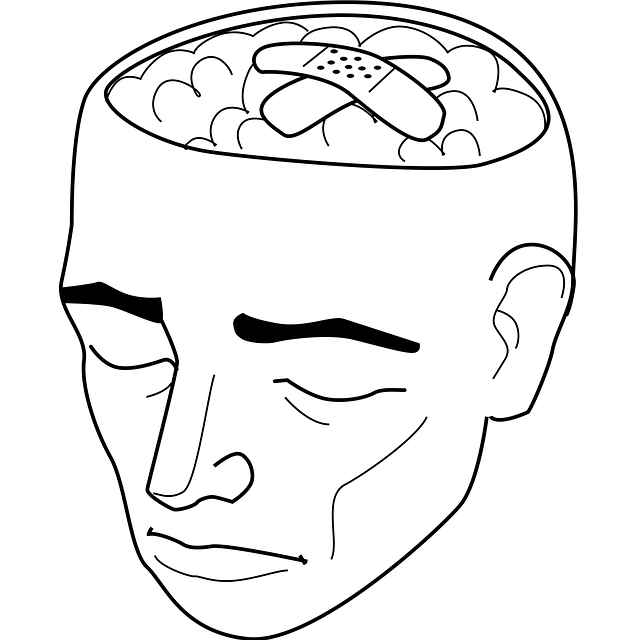Highlands Ranch Pain Management Therapy prioritizes risk assessment for personalized treatment. By evaluating pain severity, psychological factors, and past outcomes, they predict and proactively address potential challenges. This holistic approach includes emotional regulation, self-care practices, and targeted interventions to manage physical and psychological pain. Harm minimization strategies, like self-awareness exercises and stress management workshops, empower patients and healthcare professionals to cope with stress, anxiety, and triggers. The comprehensive program focuses on long-term pain management, offering cognitive behavioral therapy, mindfulness, and a supportive environment for improved well-being and self-care routines.
Risk assessment and harm minimization planning are vital components of effective pain management. This comprehensive guide delves into the essential practices of understanding risk assessment in pain therapy, implementing strategic harm reduction strategies, and exploring the pivotal role of Highlands Ranch Pain Management Therapy. By navigating these aspects, healthcare professionals can ensure optimal patient care, enhance treatment outcomes, and foster a safer, more supportive environment for those managing chronic pain.
- Understanding Risk Assessment in Pain Management
- Implementing Harm Minimization Strategies
- The Role of Highlands Ranch Pain Management Therapy
Understanding Risk Assessment in Pain Management

In the realm of Highlands Ranch Pain Management Therapy, risk assessment is a cornerstone of effective treatment planning. It involves meticulously evaluating and understanding the potential risks and harms associated with chronic pain conditions, enabling healthcare professionals to tailor interventions accordingly. By assessing factors such as the severity and nature of pain, psychological aspects, and previous treatment responses, therapists can anticipate challenges and develop proactive strategies for harm minimization.
This process goes beyond mere symptom management; it encompasses emotional regulation and self-care practices as essential components of crisis intervention guidance. Through comprehensive risk assessment, Highlands Ranch pain management specialists can identify individuals at higher risk of adverse outcomes, such as depression or substance abuse, and provide targeted interventions. This proactive approach ensures that patients receive holistic care, addressing both physical and psychological aspects of their pain experience.
Implementing Harm Minimization Strategies

Implementing harm minimization strategies is a proactive approach that forms a vital component of comprehensive risk assessment in Highlands Ranch Pain Management Therapy. These strategies go beyond traditional risk mitigation by focusing on preventing potential harms before they occur. One effective method is incorporating self-awareness exercises into patient care plans. By enhancing clients’ self-awareness, therapists can empower them to recognize and manage their emotional responses to pain or stressful situations, thereby reducing the likelihood of harmful behaviors.
Additionally, organizing Stress Management Workshops for both patients and mental health professionals alike plays a crucial role in risk assessment. These workshops foster an environment where individuals learn practical techniques to cope with stress, anxiety, and potential triggers. Through interactive sessions, participants gain valuable tools to navigate challenging situations, improve self-regulation, and make informed decisions, ultimately contributing to better harm minimization outcomes within Highlands Ranch Pain Management Therapy services.
The Role of Highlands Ranch Pain Management Therapy

Highlands Ranch Pain Management Therapy plays a pivotal role in comprehensive harm minimization and risk assessment strategies. This specialized therapy goes beyond mere symptom relief, focusing on empowering individuals to develop effective coping skills for managing pain over the long term. By integrating evidence-based practices, such as cognitive behavioral therapy and mindfulness techniques, patients gain tools to navigate pain episodes with resilience and improved self-esteem.
Moreover, Highlands Ranch Pain Management Therapy fosters a supportive environment conducive to stress management workshops and organization. These sessions teach participants practical strategies for coping with the psychological dimensions of chronic pain, enhancing their overall well-being. Through regular practice, individuals not only develop effective self-care routines but also cultivate a sense of control and empowerment, significantly reducing the risks associated with prolonged pain and its impact on mental health.
In conclusion, effective risk assessment and harm minimization planning are paramount in pain management. By understanding the nuances of risk assessment, implementing tailored harm reduction strategies, and leveraging specialized services like Highlands Ranch Pain Management Therapy, healthcare providers can ensure safer, more successful outcomes for patients. These integrated approaches not only mitigate risks but also enhance the quality of life for those navigating chronic pain.














